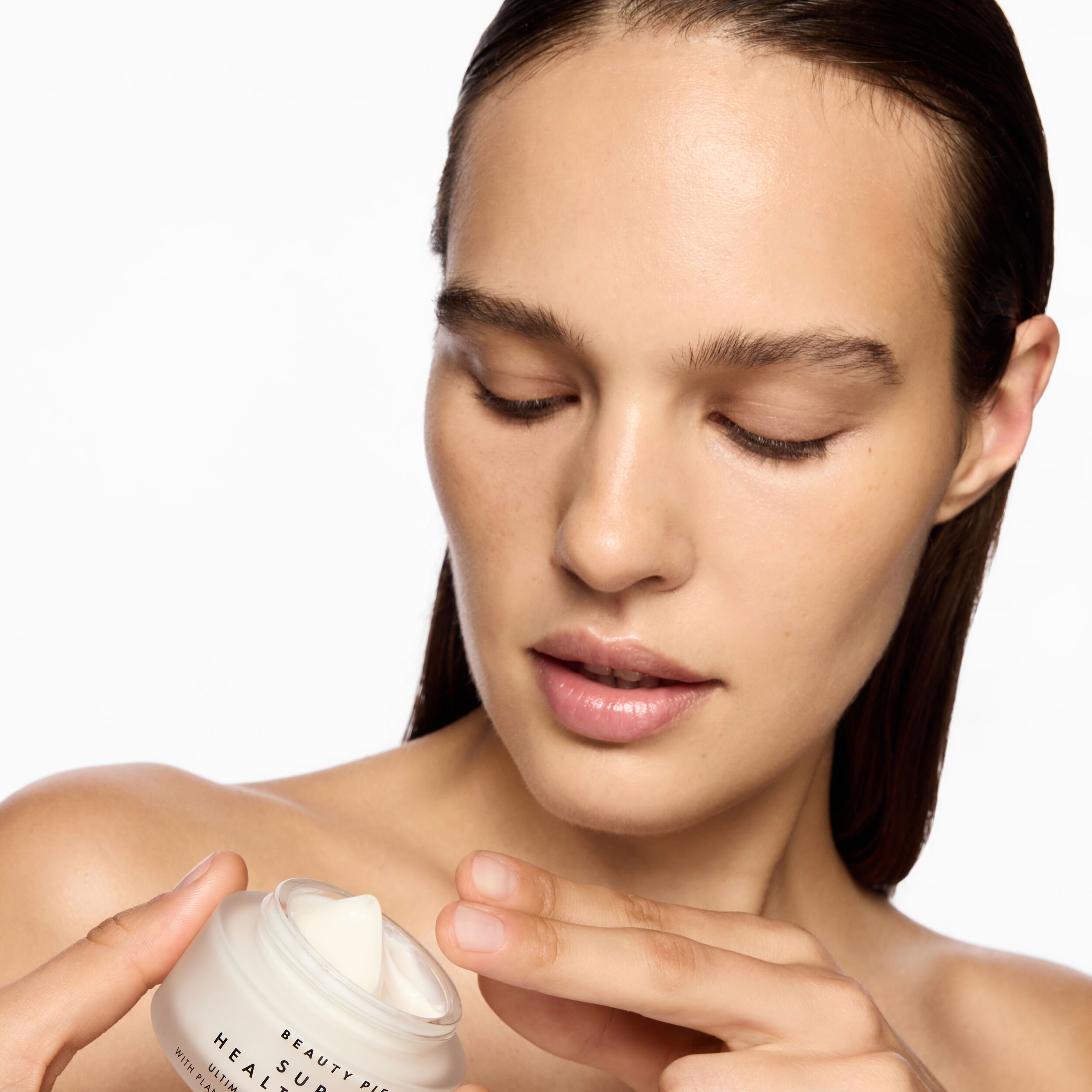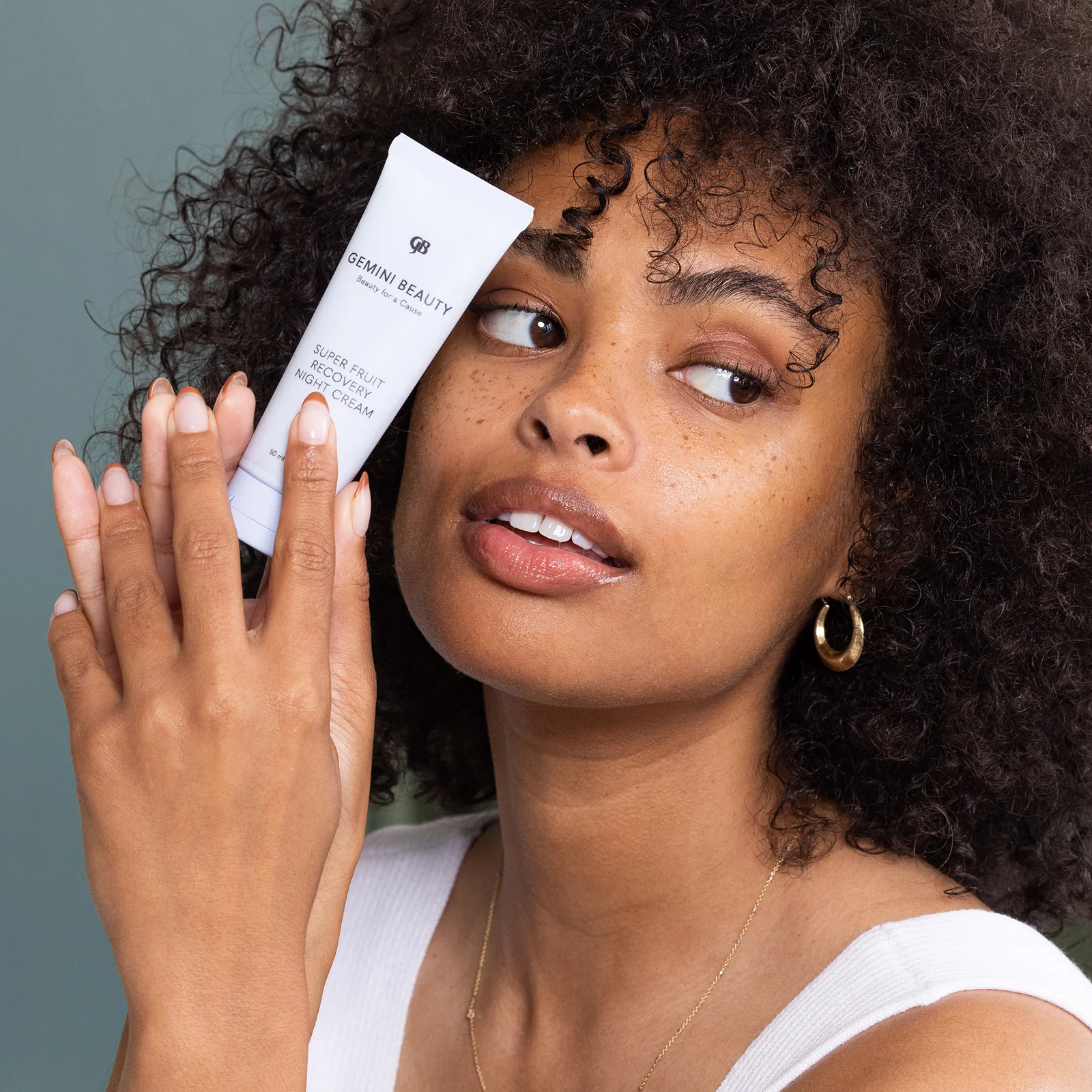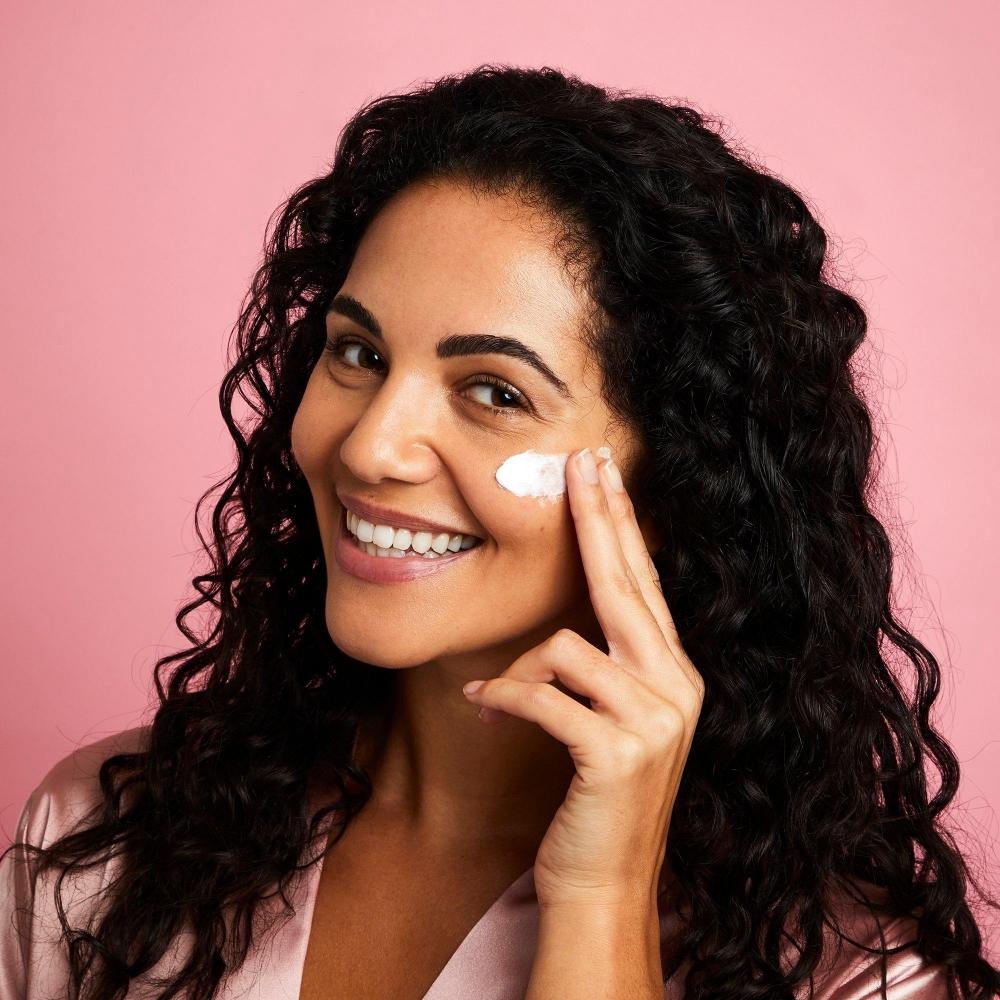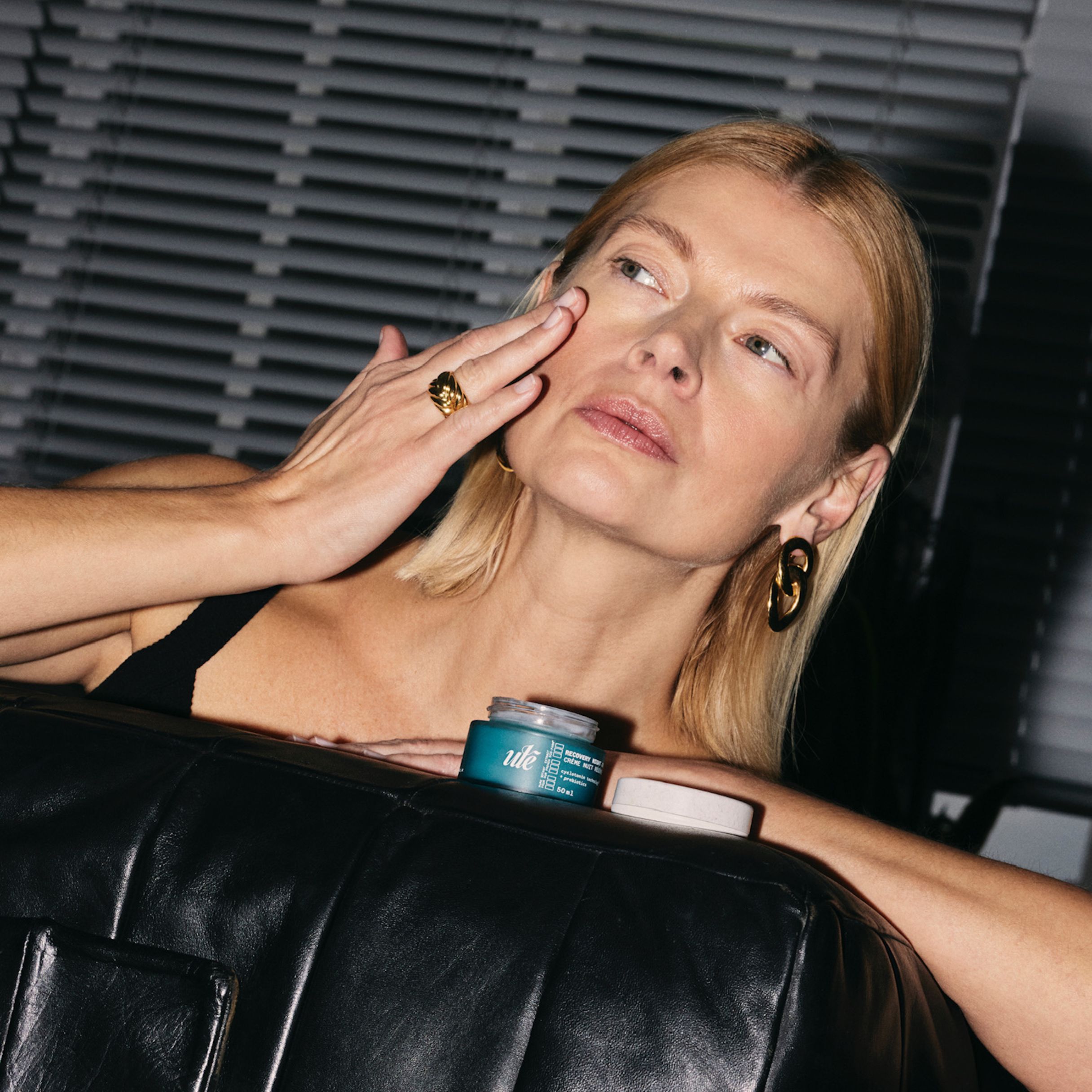
Defying Age: Choosing the Right Anti-Aging Creams for Women
Understanding the Science of Aging Skin
As we mature, our skin undergoes various changes, often leading to visible signs of aging. Understanding these transformations provides insight into how anti-aging creams for women work and what they aim to combat. Here’s a look at the key processes involved:
- Collagen Decline: Collagen gives skin its strength and structure. Over time, production diminishes, resulting in wrinkles and sagging.
- Elastin Breakdown: Elastin helps skin return to its shape after stretching or contracting. As it breaks down, skin starts to lose its elasticity.
- Cell Turnover Slows: New skin cells replace old ones at a slower rate, which can cause a dull and uneven complexion.
- Moisture Loss: The skin’s ability to retain moisture weakens, leading to dryness and fine lines.
Recognizing these factors helps identify what to look for in an anti-aging cream. To address these issues, many products contain specific ingredients that target the reduction of collagen and elastin, boost cell renewal, and improve moisture retention. By choosing an anti-aging cream that tackles these aspects, women can find an effective ally in their skincare routine to help keep their skin looking youthful and radiant.

Key Ingredients to Look for in Anti-Aging Creams
When picking an anti-aging creams for women, knowing which ingredients can help combat the signs of aging is crucial. Here are some powerhouse components you should look for:
- Retinoids: Derived from vitamin A, retinoids boost collagen production and speed up cell turnover. This can reduce the appearance of wrinkles and improve skin texture.
- Peptides: These small chains of amino acids support collagen and elastin in the skin. By doing this, they help maintain skin’s firmness and reduce sagging.
- Antioxidants: Ingredients like vitamin C, vitamin E, and green tea protect against damage from free radicals. They can also improve the skin’s natural repair process and brighten the complexion.
- Hydrating agents: Look for hyaluronic acid and glycerin to draw moisture into the skin. This helps plump up fine lines and keeps skin soft and hydrated.
By focusing on an anti-aging cream that includes these key ingredients, you stand a better chance of fighting the telltale signs of aging and maintaining a youthful glow.
How to Choose the Best Anti-Aging Cream for Your Skin Type
Selecting the best anti-aging creams for women involves matching product strengths to your skin type. Recognize that what works for one person might not suit another. Here are some steps to find your perfect match:
- Identify Skin Type: Determine if your skin is dry, oily, combination, or sensitive. Each type has different needs.
- Understand Ingredient Benefits: Dry skin benefits from hydrating agents like hyaluronic acid. Oily skin may need lightweight, non-comedogenic formulas.
- Consider Cream Density: Rich, thick creams are better for dry skin. Gel-based or light lotions suit oily skin.
- Evaluate Your Concerns: Pick a cream targeting your primary concerns, be it wrinkles, fine lines, or elasticity.
- Test for Reactions: Always spot test a new cream to ensure no adverse reactions, especially for sensitive skin.
Remember, finding the right anti-aging cream for women is about trial and response. Don’t hesitate to adjust your choice based on how your skin reacts to the cream. A perfect fit keeps your skin glowing and youthful.

The Role of SPF in Anti-Aging Creams
Sun protection factor, or SPF, plays a crucial role in anti-aging skincare. UV rays from the sun can speed up the aging process. They cause damage that leads to wrinkles, fine lines, and uneven skin tone. An anti-aging cream for women with SPF can help. Here are points to consider:
- Blocks Harmful Rays: SPF in creams blocks UVA and UVB rays. These rays can cause aging.
- Prevents Photoaging: Photoaging is skin damage from sun exposure. SPF helps keep skin looking younger.
- Helps Maintain Skin Health: Sun damage can lead to more than wrinkles. It can cause skin cancer. SPF is vital for healthy skin.
Choose a cream with broad-spectrum SPF for daily use. It shields skin every day from sun damage. Even on cloudy days, UV rays can affect your skin. SPF in your anti-aging cream ensures ongoing protection. Reapply as needed, especially if you are outdoors for long periods. SPF use is a simple step in keeping your skin youthful.
The Importance of Hydration and Anti-Aging
Hydrated skin is key in the fight against aging. It looks plumper, feels smoother, and reduces the appearance of fine lines. Here’s how hydration links to anti-aging:
- Prevents Dryness: Hydration keeps skin moisturized, preventing the dry, flaky texture that accentuates lines.
- Plumps Skin: Moisture in the skin plumps up cells, making wrinkles less noticeable.
- Enhances Barrier Function: A well-hydrated skin barrier protects against irritants and pollution, which can age skin.
- Supports Cell Turnover: Proper hydration aids in the skin’s natural cell turnover, promoting a youthful, radiant complexion.
To ensure your skin stays hydrated, use an anti-aging cream for women with hydrating ingredients. Look for creams with hyaluronic acid or glycerin. They draw moisture into the skin and lock it in. Also, drink plenty of water every day. Water helps your skin maintain hydration from the inside out. Remember to layer your skincare properly; apply a hydrating serum before your cream for maximum absorption. Lastly, don’t forget humidifiers can help, especially in dry climates or during winter. They add moisture to the air, supporting your skin’s hydration needs.

When it’s time to choose an anti-aging cream for women, the debate between natural and synthetic ingredients can be quite confusing. Here are essential factors to consider to make an informed decision:
- Source of Ingredients: Natural creams often use components derived from plants and minerals. Synthetic creams may include lab-made compounds. Both have their own benefits.
- Effectiveness: Some argue natural ingredients work in harmony with the skin. Others trust the fast-acting results of synthetic ingredients.
- Skin Sensitivity: Natural ingredients are generally gentler. However, they can still cause reactions in sensitive skin. Synthetic ingredients are more controlled but can be irritating for some.
- Environmental Impact: Natural products are often seen as more eco-friendly. Yet, they can come with sustainability issues. Synthesized ingredients can be more consistent and less resource-intensive.
- Cost: Generally, natural anti-aging creams can be pricier. Synthetic creams range widely in price and can be more affordable.
- Regulation: Natural products are less regulated than synthetic ones. This makes checking ingredient lists and company ethics crucial.
- Personal Preference: Ultimately, the choice may come down to personal values and how your skin responds to the product.
Weigh these points as you navigate the world of anti-aging creams. Remember, whether you choose natural or synthetic, the key is to look for a product that suits your skin type and addresses your specific concerns. A cream that supports collagen and elastin production, hydrates, and includes SPF could make a significant difference in your skin’s health and appearance, no matter the source of its ingredients.
When to Start Using Anti-Aging Creams
Determining the right time to begin using anti aging cream for women is often a personal decision. However, skin experts generally suggest that preventive care can lead to better long-term results. Here are some guidelines to consider:
- Mid-20s to Early 30s: This is when most women might start to see the early signs of aging, like fine lines or a dull complexion. It’s a good time to introduce anti aging creams into your skincare routine.
- Preventive Approach: Even if signs of aging are not visible, using anti aging creams early on can help slow the process. Ingredients like retinoids and antioxidants offer protective benefits.
- Personal Skin Concerns: If you have a family history of skin issues or are noticing changes in your skin, it’s wise to start earlier. Tailoring anti aging care to your personal needs can be very effective.
- Lifestyle Factors: Sun exposure, smoking, and diet can accelerate skin aging. Women with such lifestyle factors should start using anti aging creams sooner to mitigate effects.
In essence, the “best” time to start varies for each individual. Pay attention to your skin’s condition and how it responds to environmental and lifestyle factors. If in doubt, consulting a dermatologist can provide personalized advice. Starting an anti aging regimen isn’t just about treating—it’s about maintaining your skin’s health for the future.

Addressing Common Concerns: Wrinkles, Fine Lines, and Skin Elasticity
When looking for an anti aging cream for women, addressing wrinkles, fine lines, and loss of skin elasticity is often a top priority. These signs of aging can be concerning, but with the right knowledge and products, they can be managed effectively. Here are some strategies to tackle these common skin concerns:
- Target Wrinkles with Retinoids: Retinoids are powerful in reducing wrinkles. They speed up cell turnover and boost collagen.
- Minimize Fine Lines with Hydration: Hydrating agents like hyaluronic acid can fill in fine lines. They make skin smoother and reduce their appearance.
- Enhance Elasticity with Peptides: Peptides support skin structure. They firm up skin and improve its bounce.
- Antioxidants for Radiance: Vitamin C and E brighten skin tone. They combat dullness and give skin a radiant look.
- Regular Use for Best Results: Make anti aging creams part of your daily routine. Consistent use leads to noticeable improvements over time.
Pick creams that feature these ingredients. They help address specific concerns and promote a youthful complexion. Remember to give products time to work. Skin rejuvenation takes patience and persistence. Seeing a dermatologist can also help find the right approach for your unique skin needs.

